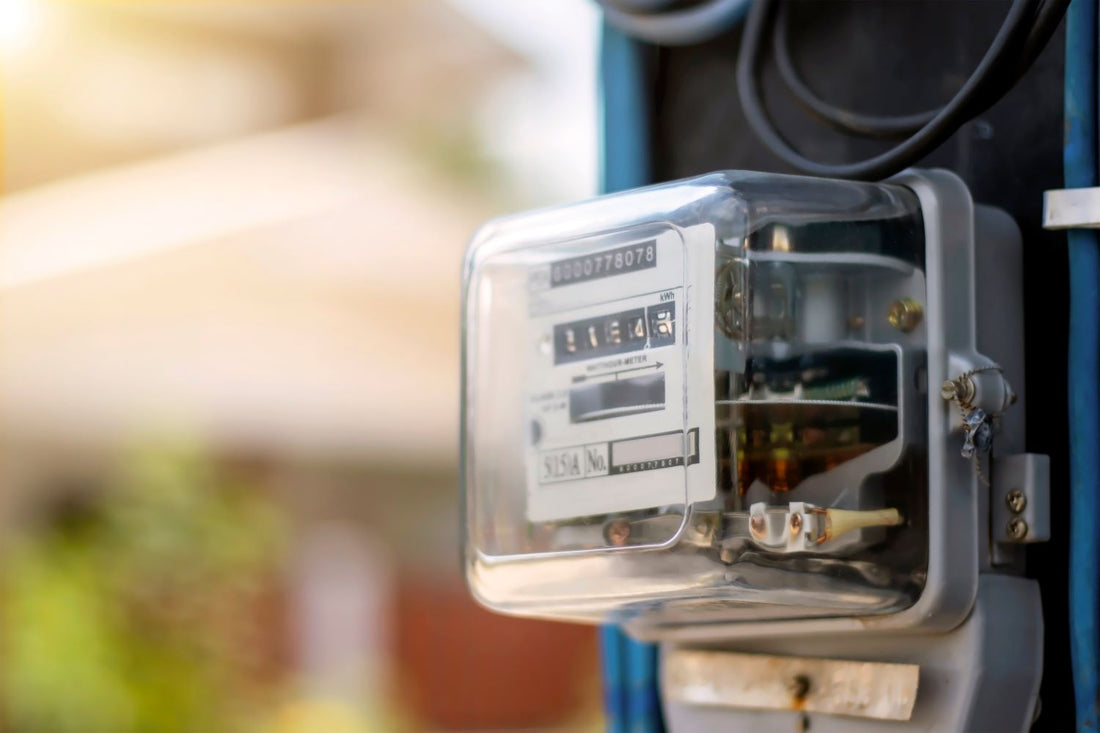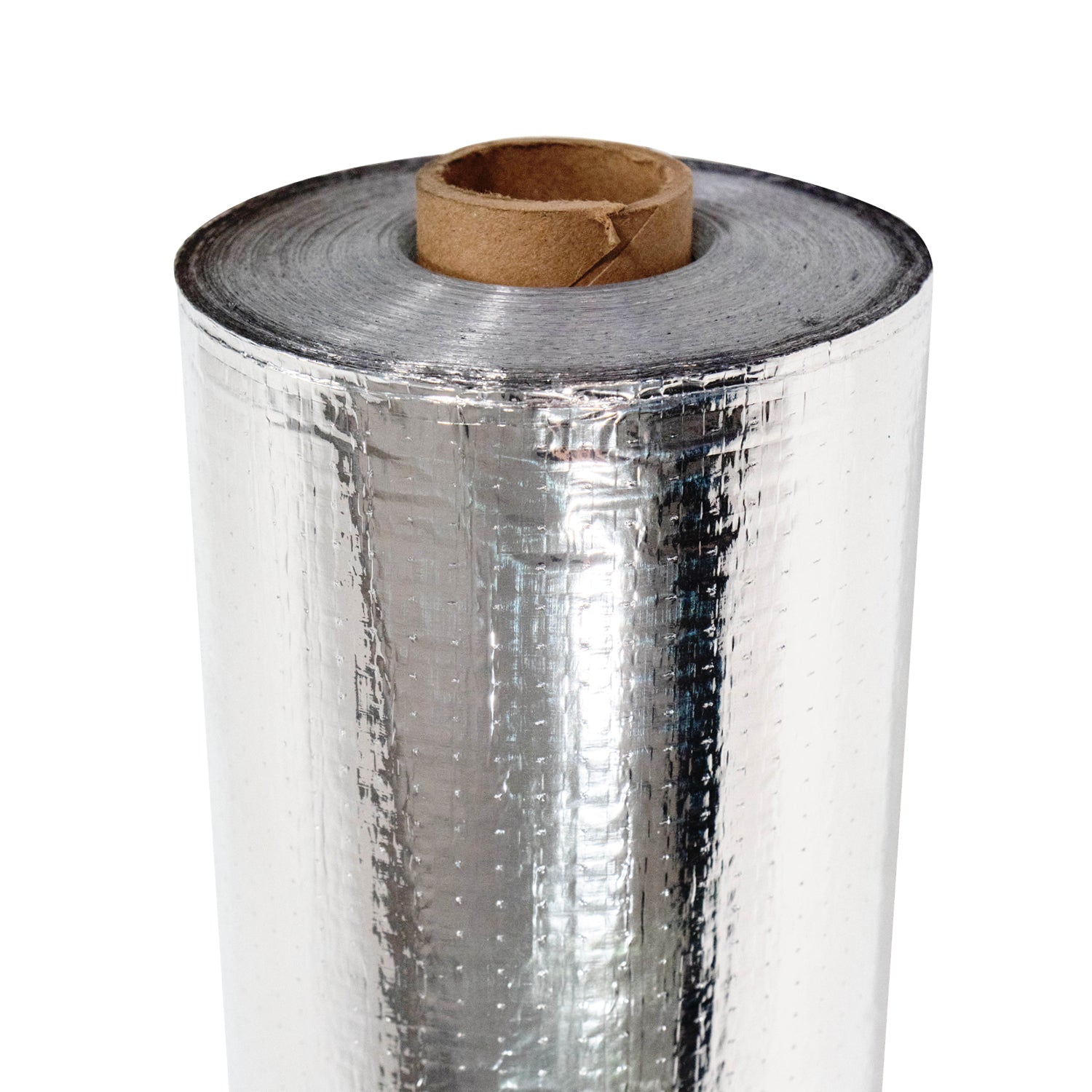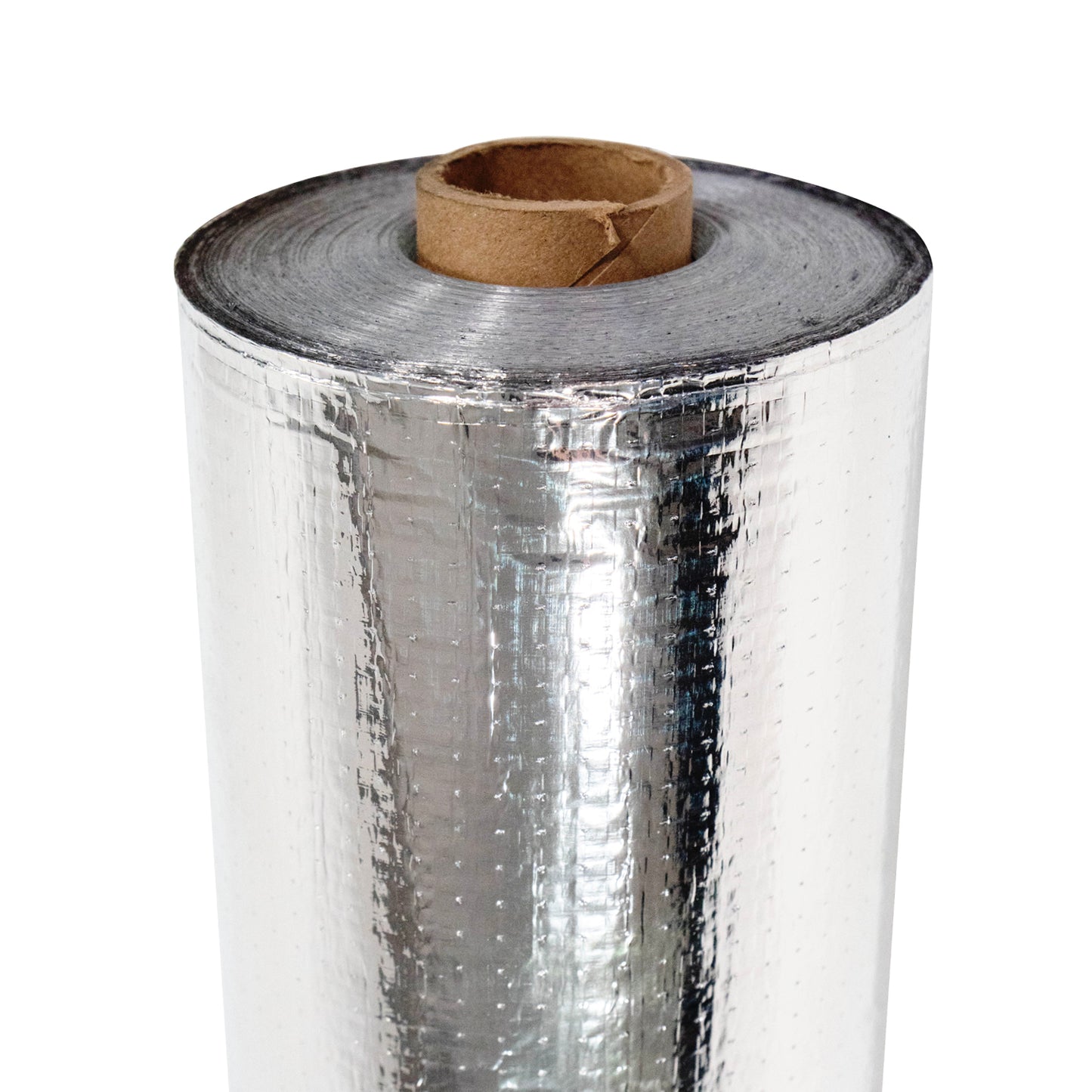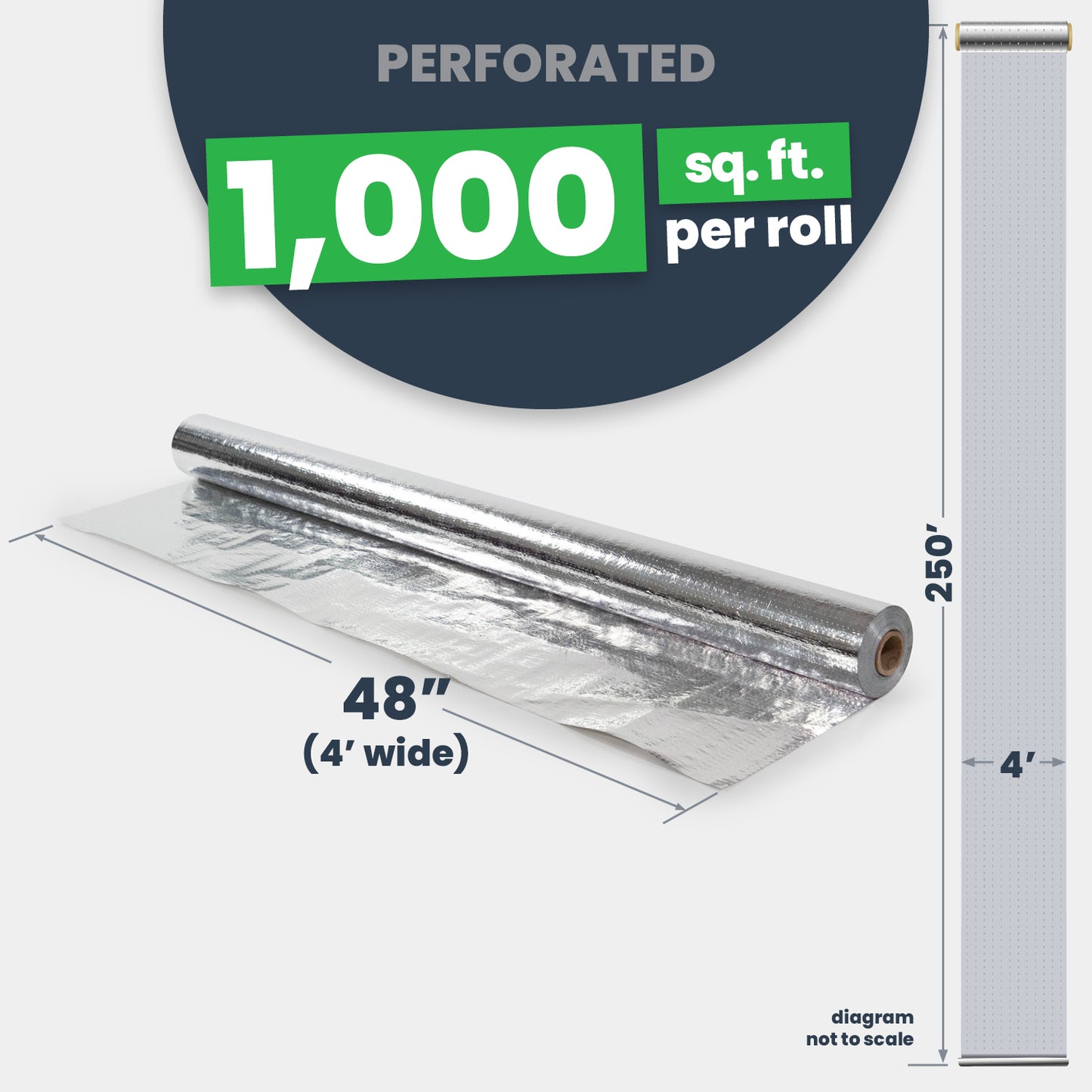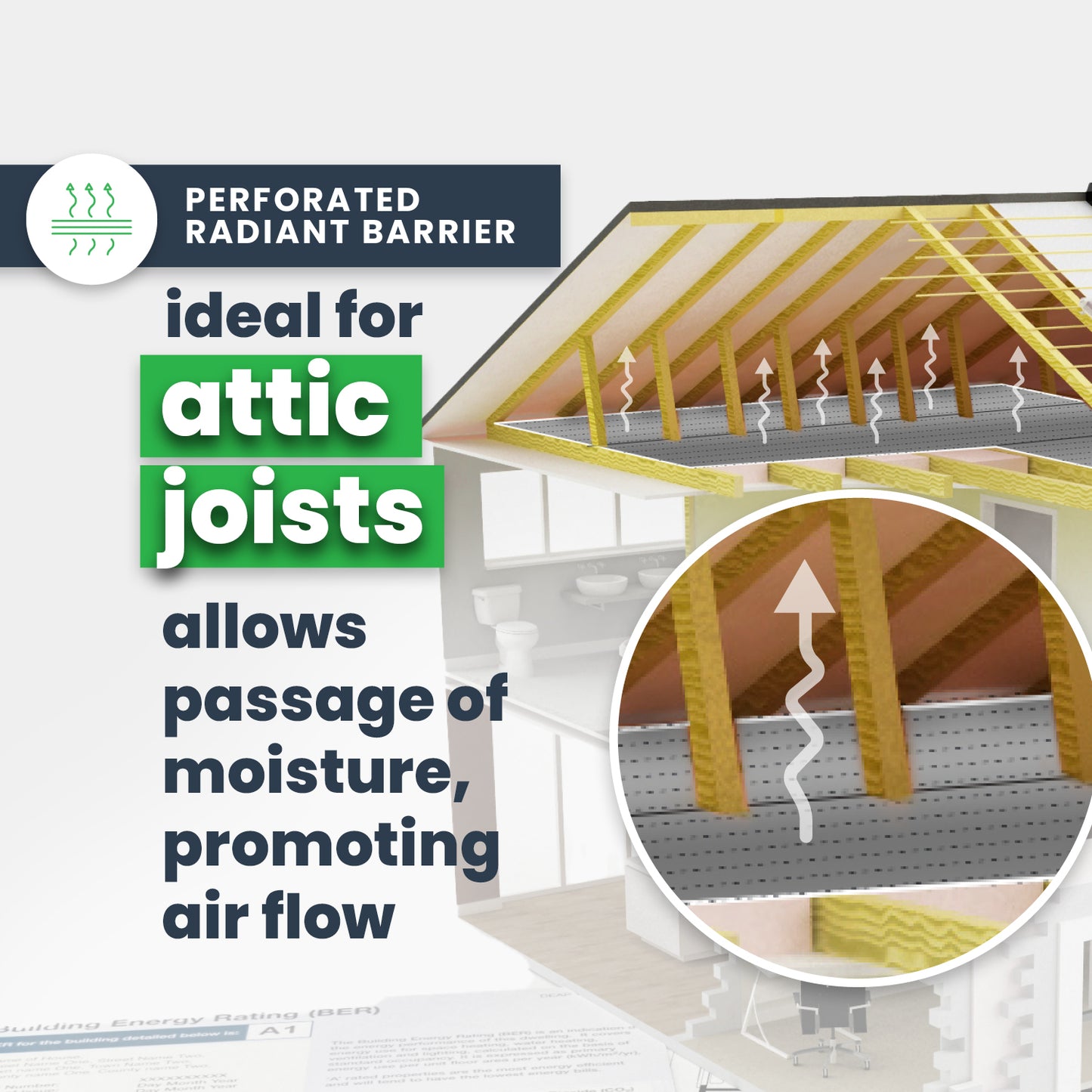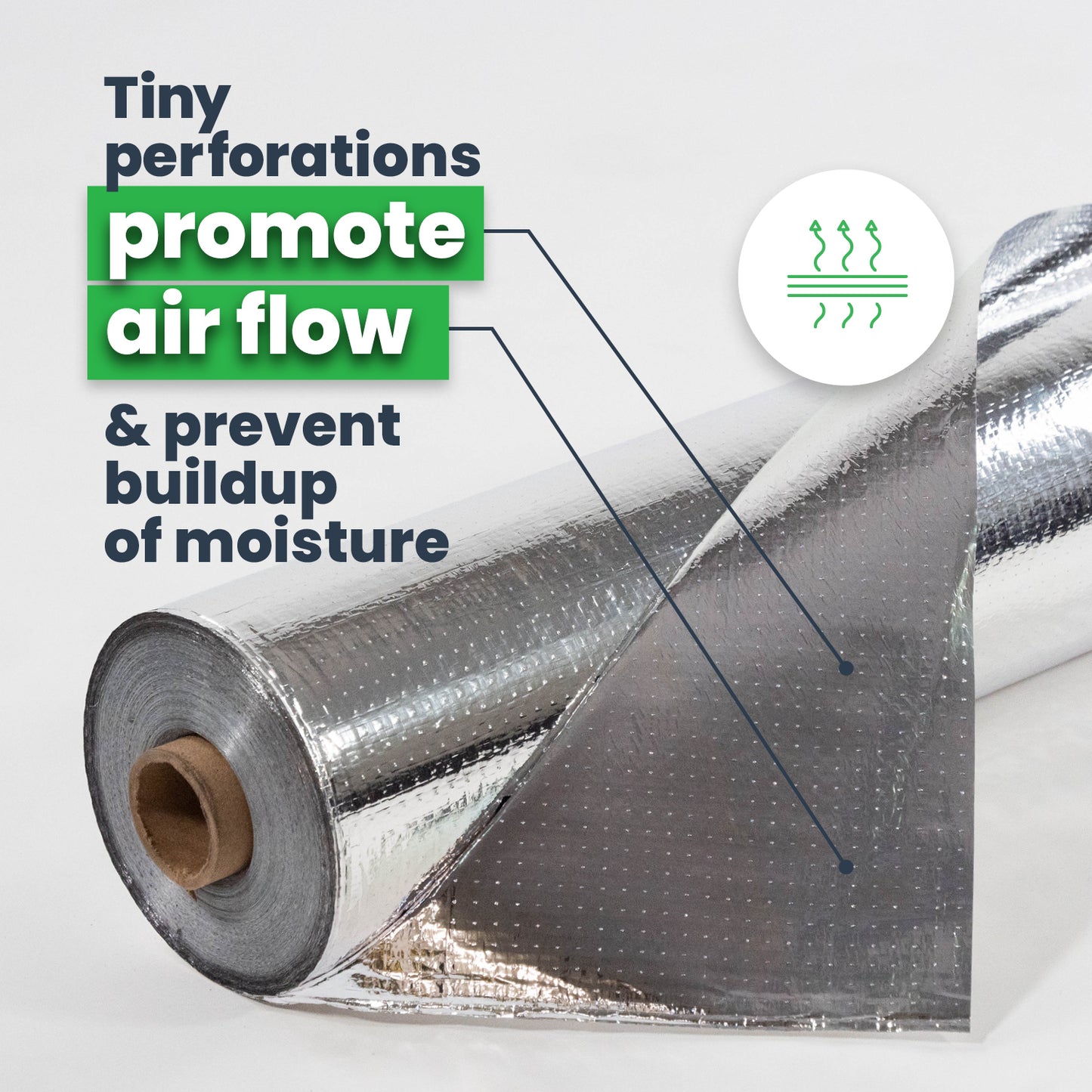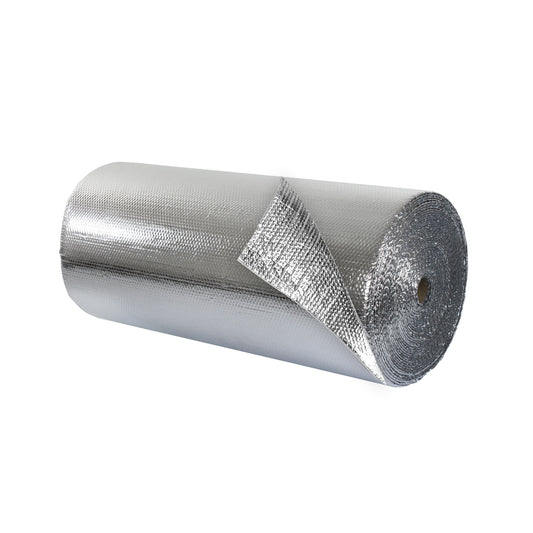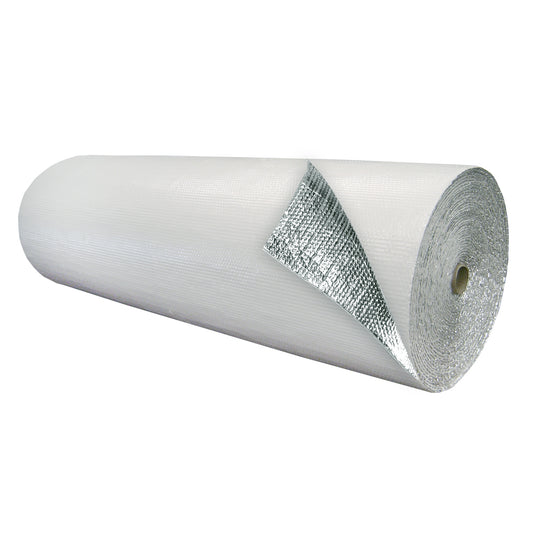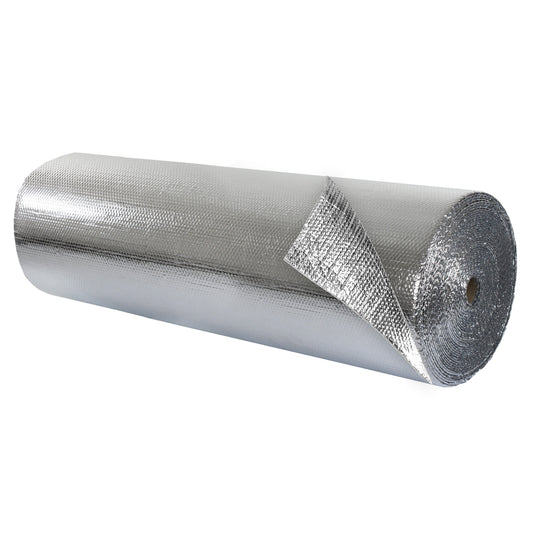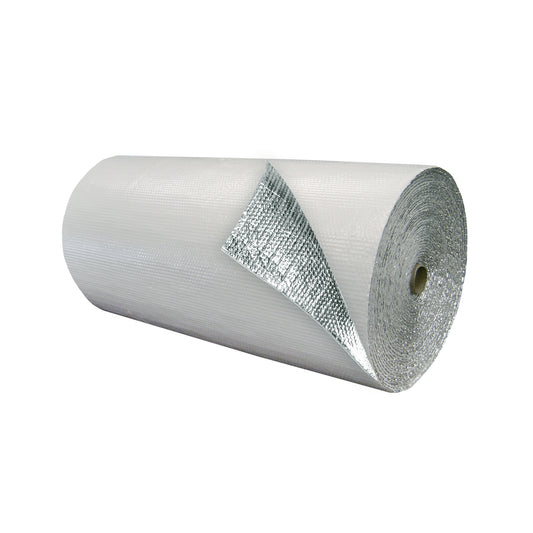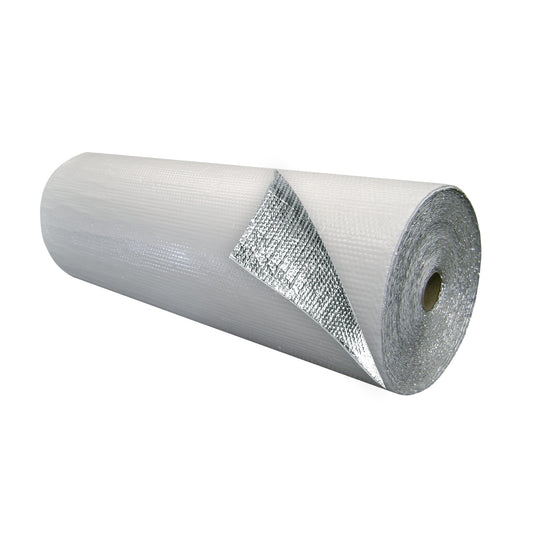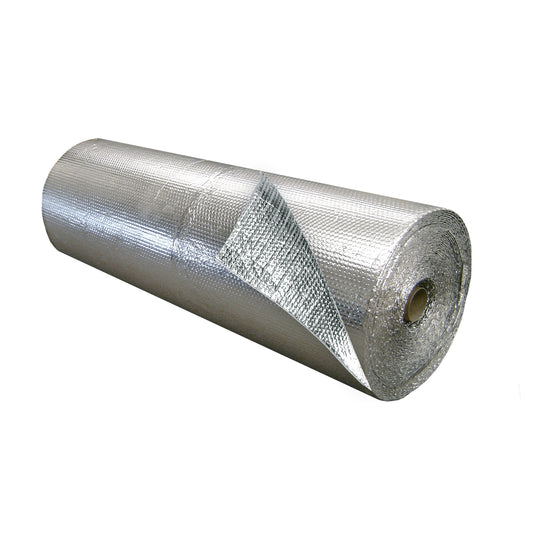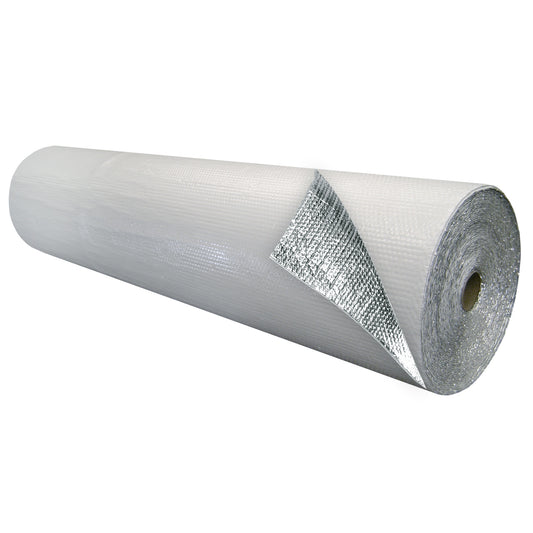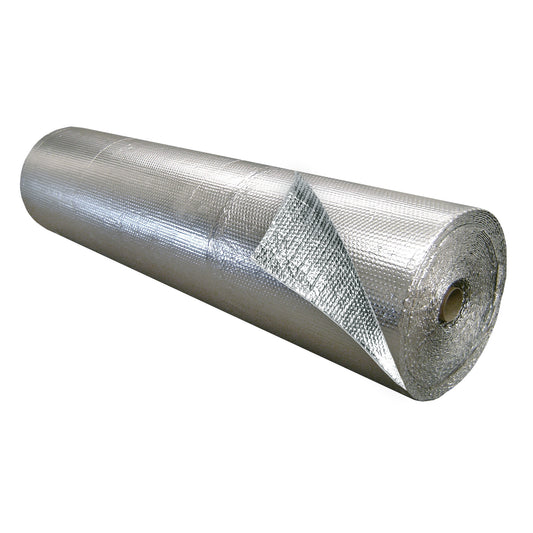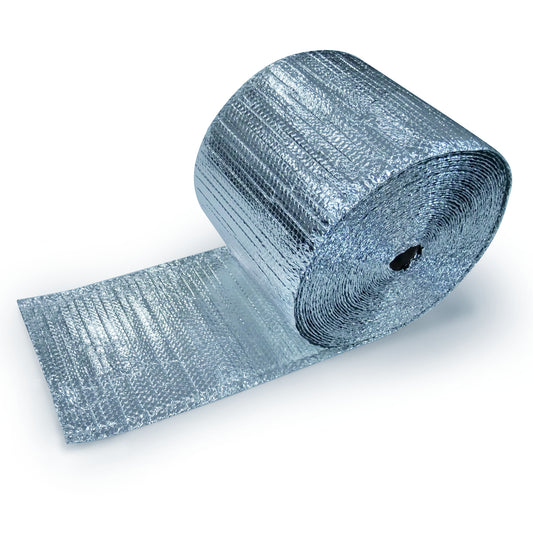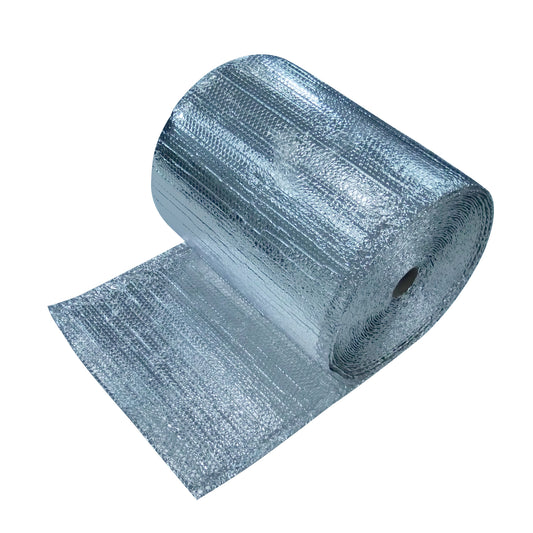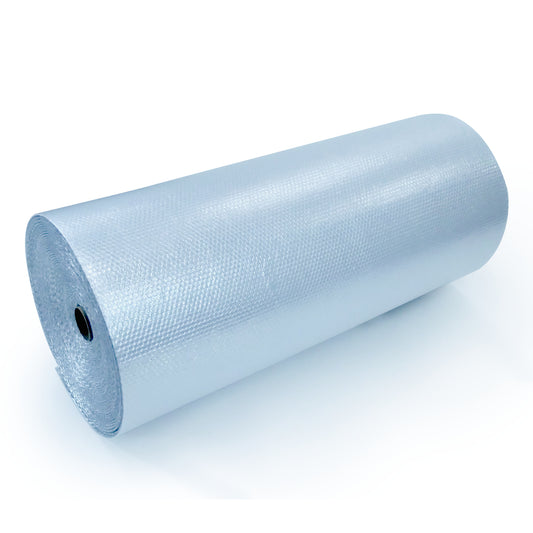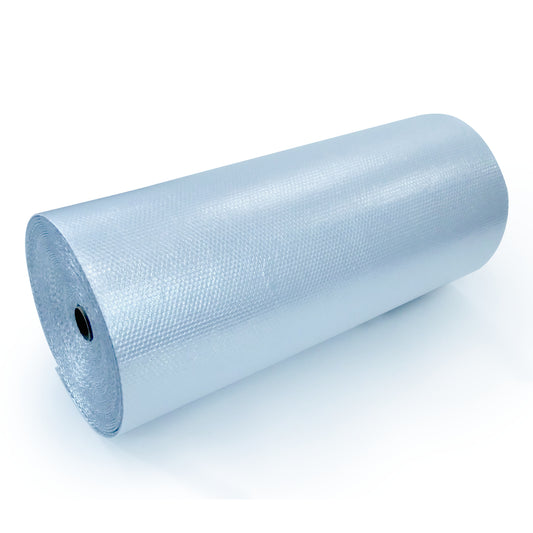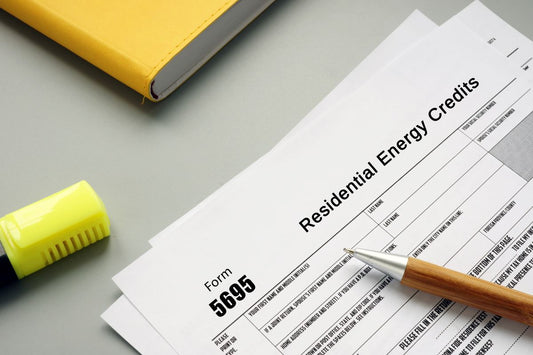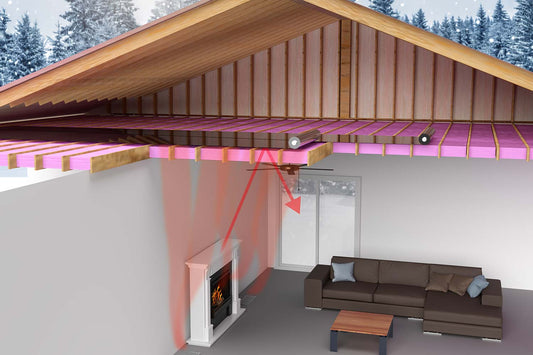Home energy costs in America continue to rise, leaving homeowners frustrated and finding ways to curb their consumption. In fact, the average monthly home electric bill for 2023 currently sits around $142.73, or about $1,712.76 per year. According to the U.S. Energy Information Administration, this is up 5% from last year's monthly residential electric bill of $137 ($1,644/year), which was up 11% from 2021's average monthly electric bill of $121 ($1,452/year).
Many American homeowners looking to curb energy consumption and reduce utility costs find themselves contemplating the question: should I get a home energy audit?
Also known as a home energy assessment, these audits work by identifying ways within your home to help maximize the energy efficiency and minimize monthly energy costs. Home energy audits can be conducted in a variety of different ways by either the homeowner or a qualified professional. We explore the ins and outs of home energy audits further below and why conducting these assessments is worth the investment.

What is a home energy audit?
A home energy audit is a comprehensive assessment of your home's energy use and efficiency. The goal is to identify areas where energy is being wasted and to recommend improvements that can enhance your home's overall efficiency.
During an energy audit, a qualified professional (or the homeowner) evaluates various aspects of your home, including insulation, heating and cooling systems, appliances, lighting, and more. Upon evaluation, the auditor or homeowner provides an understanding of aspects that are performing well and others that need addressing.
Types of home energy audits
For professional energy auditors, they typically use three different methods to detect issues in your home, each varying in depth and scope:
-
Walk-through: The most common method involves the auditor or homeowner visually inspecting your home, looking for obvious energy issues. They may check for drafts, inspect insulation, and evaluate the efficiency of appliances.
-
Blower door tests: This more advanced method involves using a blower door to depressurize your home, revealing hidden air leaks. By pinpointing areas of infiltration, the auditor can provide targeted recommendations for improving insulation and sealing leaks.
-
Thermographic tests: Also known as infrared scanning, this method uses thermographic cameras to identify temperature variations in your home, highlighting areas of heat loss or gain. This audit is particularly effective for detecting insulation gaps and structural issues that may be affecting energy efficiency.

Professional vs. Do-it-yourself
Conducting a home energy audit is the first step toward reducing costs and conserving energy in your home. But with many homeowners looking to save money by curbing costs, getting a qualified professional to conduct the home energy audit means more money spent. So how do you know when to do it yourself versus calling in a professional?
DIY home energy audit
The obvious advantage to conducting home energy audits yourself is that there is no cost to do it, and that they can be done at any time. Homeowners can identify simple and obvious areas of improvement in their homes and implement changes such as changing lightbulbs to more energy-efficient alternatives, caulking windowsills and weather stripping doors to prevent air leaks, etc.
One downside to this involves the potential to miss certain aspects of your home that contribute to higher energy consumption. Professionals understand these components better than the homeowners who may or may not be aware of these. A couple examples include issues with attic insulation or air leaks through the home's crawlspace. With that said, DIY audits typically do not provide a comprehensive evaluation of the problems within your home.
-
Check out our selection of Radiant Barrier products that help save you money and conserve energy!
Professional home energy audit
While conducting home energy audits yourself sounds great, there are times when professional help is needed. Older homes tend to experience more energy loss due to drafts, poor insulation, and inefficient heating and cooling. If you plan on doing home renovations, adding a professional home energy audit would only provide additional context to your renovation plans. Subsequently, professional audits should also be included before moving into a new home as part of the home inspection. These audits provide an all-encompassing inspection of your home's energy performance and identify ways to improve specific elements that are beyond the naked eye.
With professional home energy audits comes, of course, the cost of performing professional home energy audits. The average cost for a professional home energy audit ranges anywhere from $200-$700, depending on a couple different factors like region, inspection items, and company price. If money seems to be the issue, then this method may not be the best choice.

Pros and cons of home energy audits
Home energy audits are valuable investments that provide roadmaps for how to reduce your home's energy consumption. Investing in these inspections have both their benefits and drawbacks, as described below:
Pros of energy audits
-
Energy savings: This one's obvious, but the sooner you invest in performing the audit and completing the upgrades in your home, the sooner you will notice a reduction in energy spending and consumption. Not only this, but home energy audits are a long-term investment. With changes implemented, homeowners will see beneficial savings over time from their reduced energy costs.
-
Environmental impact: Lower energy consumption means shrinking your carbon footprint. By using less electrical power and fossil fuels in your home, you live a greener lifestyle.
-
Comfort and health: You may notice changes in your home once the energy audit upgrades have been implemented - less drafty, even temperatures, and improved air quality to name a few.
- Understanding your home's efficiency: Lastly, implementing changes from home energy audits allows homeowners to gain a better understanding of their home's efficiency. Learning more about how their home runs gives them the knowledge to know when things aren't running smoothly and need updating.
Cons of energy audits
-
Upfront cost: The initial cost of a home energy audit, if done professionally, can be a deterrent for some homeowners. While investing in this inspection is worthwhile in the long run, some people may not have the money to invest in this.
-
Implementation costs: Besides the upfront cost of a home energy audit itself, addressing the identified issues requires money spent on upgrades. These implementation costs carry a wide range depending on the different improvements needed such as insulation and HVAC ductwork, new energy-efficient appliances, etc.
- Shop R8 HVAC Duct Insulation today!

When should I get a home energy audit?
Below are a few instances when homeowners should be considering a home energy audit as an option:
-
Higher energy bills: If you notice that your energy bills keep rising or are consistently high, then an audit can help pinpoint the reasons and identify improvements.
-
Irregular temperatures: Certain homes can have rooms that run hot or cold, likely due to a few different reasons (e.g. drafting, poor insulation, poor ventilation). Home energy audits help identify the root causes and suggest improvements to create a more comfortable living environment.
-
Seasonality: For those who like to plan in advance, consider getting a home energy audit done before cold or warm seasons. Implementing changes dictated by these audits before the weather changes will help fortify your home from the temperature extremes.
-
Before major renovations: Home energy audits help to guide you in planning out your renovations. With the recommendations given, you can implement these into your design planning process right from the start.
- Preparing to sell: Lastly, a home energy audit can be a selling point, showcasing your home's efficiency and potentially increase its market value.
Home energy audits can be a valuable first step toward improved energy efficiency in your home. While there are costs involved, the long-term benefits, both in terms of savings and environmental impact, can make it a wise decision for homeowners looking to create a more efficient and sustainable living space.
More articles you may like:
Can Bubble Insulation Work in My Attic?
How Much Insulation Do I Need?
Installing Radiant Barriers: The Importance of Air Space
Joist Panning for Return Air Ducts
Talk with our product experts by emailing or calling (888) 349-3645 for any questions you have on our reflective foil insulation products.

